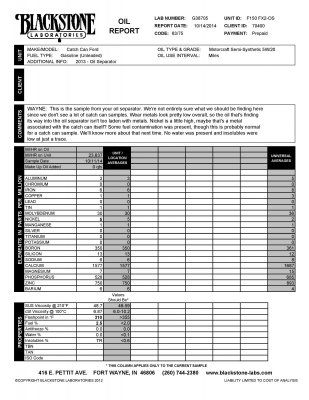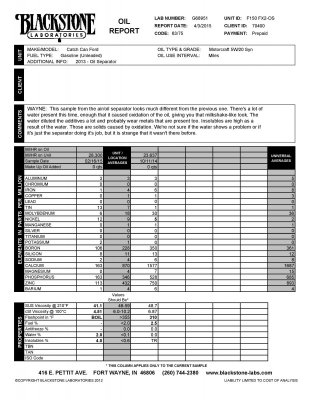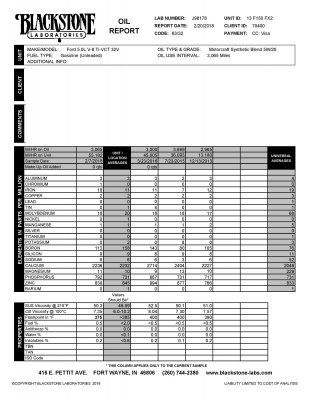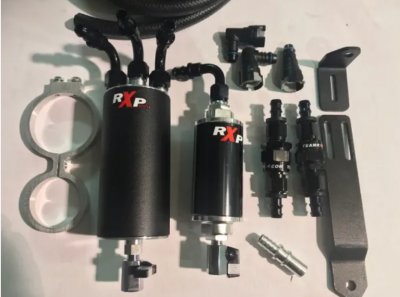Ok, it’s pretty obvious that “people” do not understand PCV systems.
The PCV valve is not a one-way check valve and those occ kits that include one are crap. The PCV valve has a very light spring that allows air to flow both ways at relatively (but not precisely) equal pressure between the intake manifold and crankcase and only closes to one-way when the intake manifold pressure is high enough (greater than current barometric pressure) to force it closed to prevent pressurizing the crankcase.
The atmospheric (~14.7psi barometric) air required for the PCV system to operate (if air flows out, it must allow some in) enters the crankcase through a clean-air hose attached to the intake piping after the filter and before the turbo.
When the intake is in vacuum the clean air is allowed into the crankcase (no valve here) as the intake vacuum sucks it into the intake manifold.
When the intake manifold is in high pressure above baro, the PCV is closed and the crankcase pressure (blow-by) is forced through the clean-air hose into the turbo inlet. The turbo blows it throughout the intercooler and cold-air piping all the way through to the throttle body. The intercooler generally cools the oil mist which allows the oil to fall out of suspension and collect at the lowest point in the intercooler.
The PCV oil catch can allows some of the crankcase pressure oil-mist to collect, condense and be periodically drained. The best and only way to prevent oil in the intake piping is oil catch cans on both the PCV hose AND the fresh-air hose from the turbo intake pipe-to-crankcase hose.
The PCV valve is not a one-way check valve and those occ kits that include one are crap. The PCV valve has a very light spring that allows air to flow both ways at relatively (but not precisely) equal pressure between the intake manifold and crankcase and only closes to one-way when the intake manifold pressure is high enough (greater than current barometric pressure) to force it closed to prevent pressurizing the crankcase.
The atmospheric (~14.7psi barometric) air required for the PCV system to operate (if air flows out, it must allow some in) enters the crankcase through a clean-air hose attached to the intake piping after the filter and before the turbo.
When the intake is in vacuum the clean air is allowed into the crankcase (no valve here) as the intake vacuum sucks it into the intake manifold.
When the intake manifold is in high pressure above baro, the PCV is closed and the crankcase pressure (blow-by) is forced through the clean-air hose into the turbo inlet. The turbo blows it throughout the intercooler and cold-air piping all the way through to the throttle body. The intercooler generally cools the oil mist which allows the oil to fall out of suspension and collect at the lowest point in the intercooler.
The PCV oil catch can allows some of the crankcase pressure oil-mist to collect, condense and be periodically drained. The best and only way to prevent oil in the intake piping is oil catch cans on both the PCV hose AND the fresh-air hose from the turbo intake pipe-to-crankcase hose.





